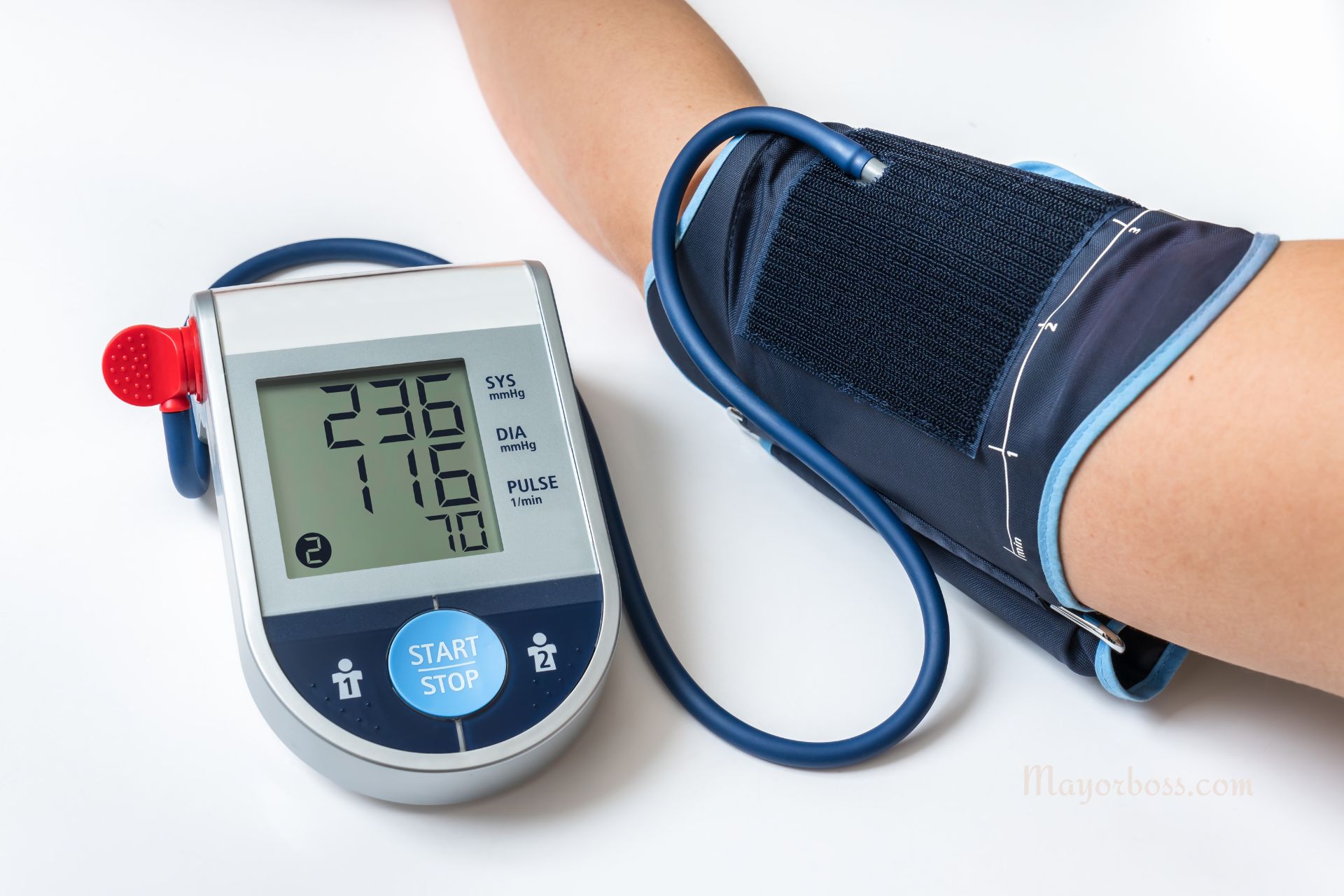6 Reasons Why Your Blood Pressure Meds Aren’t Working
When you’re on medication for high blood pressure, you expect it to keep your numbers down. But what if it doesn’t seem to work? It’s incredibly frustrating, right? You take your meds religiously and follow your doctor’s advice, yet your blood pressure readings are still high. Before you panic, it’s essential to understand that several factors can affect how well your medication works. Here’s a look at six common reasons why your blood pressure medication might not be doing its job.

You Might Not Be Taking the Right Dose or Combination of Medications
Finding the right medication or combination of medications can be a bit of a puzzle, especially when it comes to blood pressure. Sometimes, the initial dose may be too low, or the medication itself isn’t the best fit for your specific condition.
For example, if you’re taking a beta-blocker and it’s not lowering your blood pressure enough, your doctor might add a diuretic to help flush out excess sodium and water from your body. The key is regular monitoring and communication with your physician to ensure your treatment plan is effective and adjusted as necessary.
There Could Be Interactions with Other Medications
Other medications you’re taking could be interfering with your blood pressure medicine. Certain over-the-counter drugs like ibuprofen and decongestants, as well as herbal supplements such as licorice or ginseng, can potentially raise your blood pressure.
Make sure to tell your doctor about all the medications and supplements you’re taking. This way, they can help you avoid drug interactions that might affect blood pressure control. Sometimes, a simple adjustment in what you take or when you take your medications can make a big difference.
Your Lifestyle Habits Play a Huge Role
Believe it or not, lifestyle has a massive impact on blood pressure control. If you’re not making healthy choices, even the best medications might not be enough. Key lifestyle factors include diet, exercise, alcohol consumption, and smoking.
Adopting a diet low in sodium and rich in fruits, vegetables, and whole grains can help lower blood pressure. Regular physical activity is also crucial. Even a brisk 30-minute walk most days of the week can improve heart health and reduce blood pressure. If you smoke or drink alcohol excessively, consider cutting back or quitting altogether. These changes can significantly enhance the effectiveness of your medication.
You’re Not Taking the Right Type of Medication
Blood pressure medications come in various classes, each working in a different way to lower blood pressure. Sometimes, a medication that works well for one person might not be as effective for another. If your current medication isn’t working, it might not be the right type for you. Your doctor can help you analyze other options that might be more effective based on your specific health needs and medical history.
Could There Be Secondary Hypertension?
In some cases, high blood pressure is a symptom of another underlying condition known as secondary hypertension. Conditions like kidney disease, thyroid problems, or sleep apnea can cause secondary hypertension.
If your blood pressure remains high despite taking medication, ask your doctor if you might have an underlying condition that’s affecting your blood pressure. Treating the primary cause often improves blood pressure control.
Are You Skipping Doses?
Finally, let’s face the facts: Are you taking your medication as prescribed every day? Skipping doses or not taking your medication correctly can cause your blood pressure to stay high.
Make taking your medication a part of your daily routine. If you have trouble remembering, set reminders on your phone or keep your medication in a place where you’ll see it daily.
The bottom line is that there are several reasons why your blood pressure medication might not work effectively. By understanding these factors, you can work with your doctor to tweak your treatment plan and lifestyle, ensuring that your blood pressure stays within a healthy range. Keep in mind that managing high blood pressure is a team effort between you and your healthcare provider.
